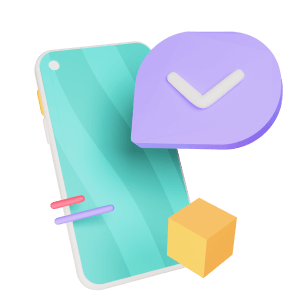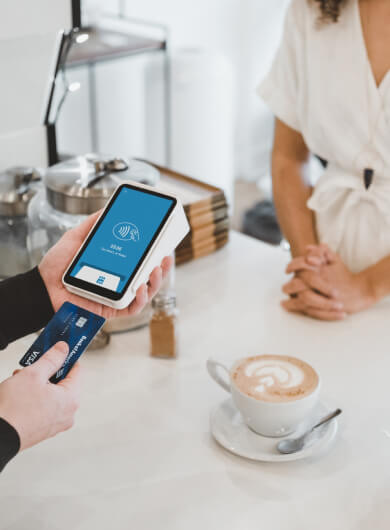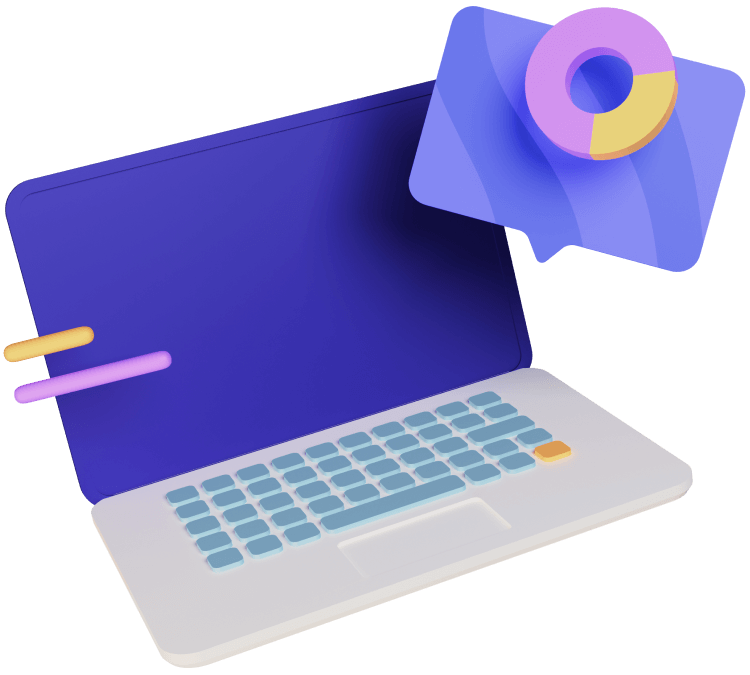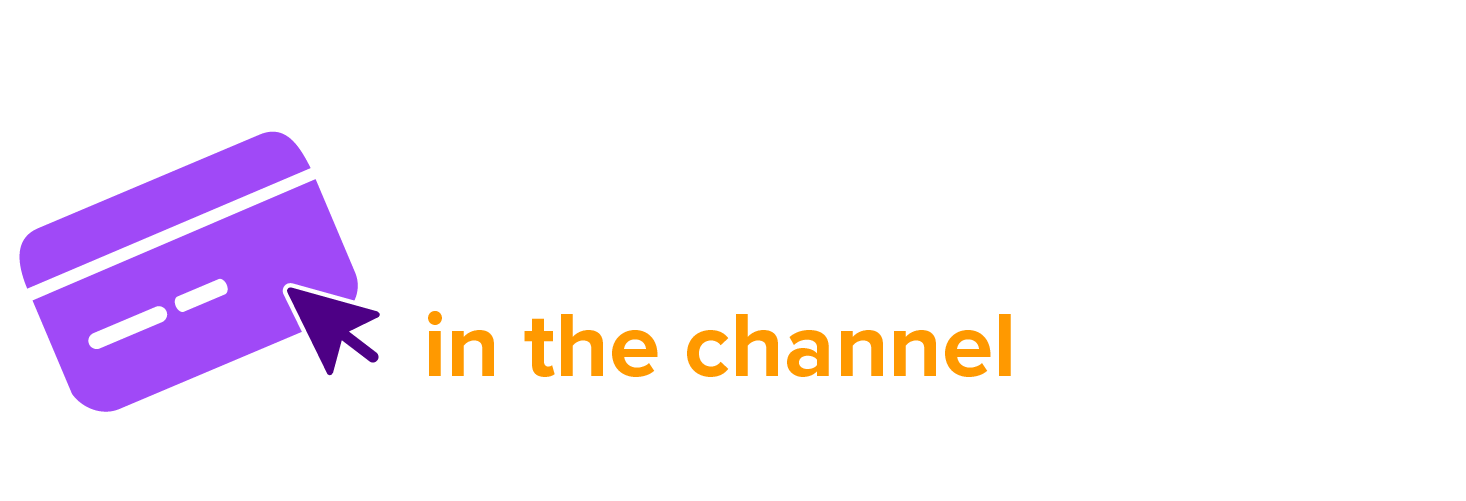New to Point of Sale? Here's What You Need to Know About Payments
If you're new to trading and looking for a way to accept card payments and process transactions, you're in the right place. Understanding point-of-sale (POS) systems is crucial for managing your business efficiently and enhancing customer interactions.


What is a Point-of-Sale System?
A POS system is a combination of hardware and software that allows businesses to complete sales transactions. It typically includes a card reader, a cash register, and software to manage sales, inventory, and customer data. Modern POS systems are versatile and can be tailored to fit the specific needs of your business, whether you operate a retail store, a restaurant, or an online shop.
Benefits of Using a POS System
Streamlined Transactions
POS systems make it easy to process payments quickly and accurately, reducing wait times for customers and improving their overall experience.
Inventory Management:
Keep track of your stock levels in real-time, set reorder alerts, and manage suppliers efficiently.
Sales Reporting:
Generate detailed sales reports to gain insights into your business performance, identify trends, and make informed decisions
Customer Relationship Management (CRM)
Store customer information, track purchase history, and offer personalized promotions to enhance customer loyalty.
Multi-Channel Integration:
Integrate your POS system with your online store to manage sales, inventory, and customer data seamlessly across all channels..
Get in contact to find out more
We’ve everything you need to start taking payments
To process electronic card payments, you’ll need a merchant account. These accounts are established with acquiring banks, which communicate with card networks and customer banks to authorize payments and process transactions. Merchant accounts are essential for ensuring smooth and secure payment processing for your business.
To create a complete POS system, you may need additional hardware accessories based on how you serve your customers. Common accessories include printers, cash drawers, barcode scanners, and kitchen printers. These components help streamline operations and enhance the efficiency of your business.
To process transactions, you’ll need a point-of-sale (POS) system, which combines hardware and software to facilitate payments. There are POS systems designed to suit every type of business. The ideal system for you will depend on your industry and how you interact with your customers.
Choosing the Right Card Machine for Your Small Business
When selecting a card machine, consider the following factors:
- Type of Business: Different businesses have different needs. For example, a retail store might benefit from a countertop card machine, while a mobile business might prefer a portable or mobile card reader.
- Payment Methods: Ensure the card machine supports various payment methods, including chip and PIN, contactless, and mobile payments like Apple Pay and Google Pay.
- Ease of Use: Choose a user-friendly card machine that is easy to set up and operate, minimizing the learning curve for you and your staff.
- Security Features: Look for card machines with robust security features, such as encryption and fraud detection, to protect sensitive customer data.
- Cost: Consider the costs involved, including purchase or rental fees, transaction fees, and any additional charges for features or services.
Get in contact to find out more
Getting Started with Your POS System
1
Research and Compare: Take the time to research different POS systems and card machines, compare their features, and read reviews from other small business owners.
2
Consult Experts: If you’re unsure which system is best for your business, seek advice from industry experts or consult with POS providers.
3
Set Up and Training: Once you’ve chosen a POS system, follow the setup instructions carefully and ensure you and your staff receive adequate training to use the system effectively.
4
Monitor and Optimize: Regularly review your POS system’s performance, monitor sales data, and optimize your processes to ensure you’re getting the most out of your investment.
What is electronic POS and do I need one?
An electronic point-of-sale (EPOS) system combines hardware and software to facilitate payments, enhance customer service, and improve business operations. Similar to a traditional till, an EPOS system processes and accepts payments. However, it goes beyond merely processing sales by recording all transactions and utilizing that data to provide valuable insights into your business. This helps you manage operations more efficiently and deliver a personalized customer experience. Additionally, an EPOS system integrates with your accounting software, automating daily bookkeeping tasks and offering a comprehensive view of your business's financial flow.

What is the Difference Between an EPOS and a Mobile POS?
A mobile POS system is essentially a lightweight version of an EPOS, allowing businesses to take payments anywhere with a mobile signal or WiFi. It’s a simple and cost-effective solution for quickly getting started, with no monthly terminal rental fees. This makes it ideal for businesses that do not expect a high volume of transactions and want to keep costs low. It’s also a great introduction to POS software for small merchants who prefer not to be overwhelmed with advanced features they don’t yet need. As your business grows, you can easily upgrade to more advanced POS software.
While a mobile POS is an excellent starter solution, it may not meet the needs of every business. Companies requiring more customer insights, detailed reporting, and assistance with managing staff and streamlining operations should consider a more robust POS software plan, such as talech on Poynt or talech Register.
Selecting the best POS system for your small business depends on two main factors: how you serve your customers and the scale of your business needs. For instance, if you operate a physical store, your POS requirements will differ from those of a business that also sells online or operates on the go.
The ideal POS system for your business should support the way and location in which you serve your customers. It should also offer features that align with your business needs. A start-up with a small inventory and few staff members will have different requirements compared to a multi-location business with a large inventory and team.
Your industry will also influence your specific needs. For example, a café will require different POS features than a clothing store. Similarly, a food truck will need more streamlined POS options than a traditional restaurant and will benefit from mobile card readers.
By considering these factors, you can choose a POS system that enhances your business operations and improves customer satisfaction.

Supports How You Do Business
Just as your POS system must support how and where you serve customers, your card machine should also align with your business operations. Do you primarily serve customers at a fixed till, or do you prefer to accept payments around your business, such as at the table? If you run a mobile business and go to your customers, you’ll need a mobile payment solution.
Ultimately, your card machine options will be fixed, portable, or mobile. All card machines should integrate seamlessly with your POS system, ensuring transaction data is captured and utilized to provide insights and reports that help you plan ahead and run your business more efficiently.
Pricing That Fits Your Revenue
The cost of your payment solution is an important factor to consider. Finding the right pricing and fee structure is crucial, especially for new businesses just starting out. The expense of processing card payments should be aligned with the revenue you expect to generate.
New businesses that do not anticipate a high volume of transactions might opt for a mobile payment solution, such as a pocket-sized card reader and smartphone app. This option typically involves no monthly software fees or expensive hardware requirements. You can purchase the card reader for a low upfront cost and then pay transaction fees as you go each month.
Awesome and friendly support
No, Silicon Valley - bugs are not features. Reach out about a technical issue, share your feedback or ask us about our favorite lunch spot in Miami. We’re here no matter what.

